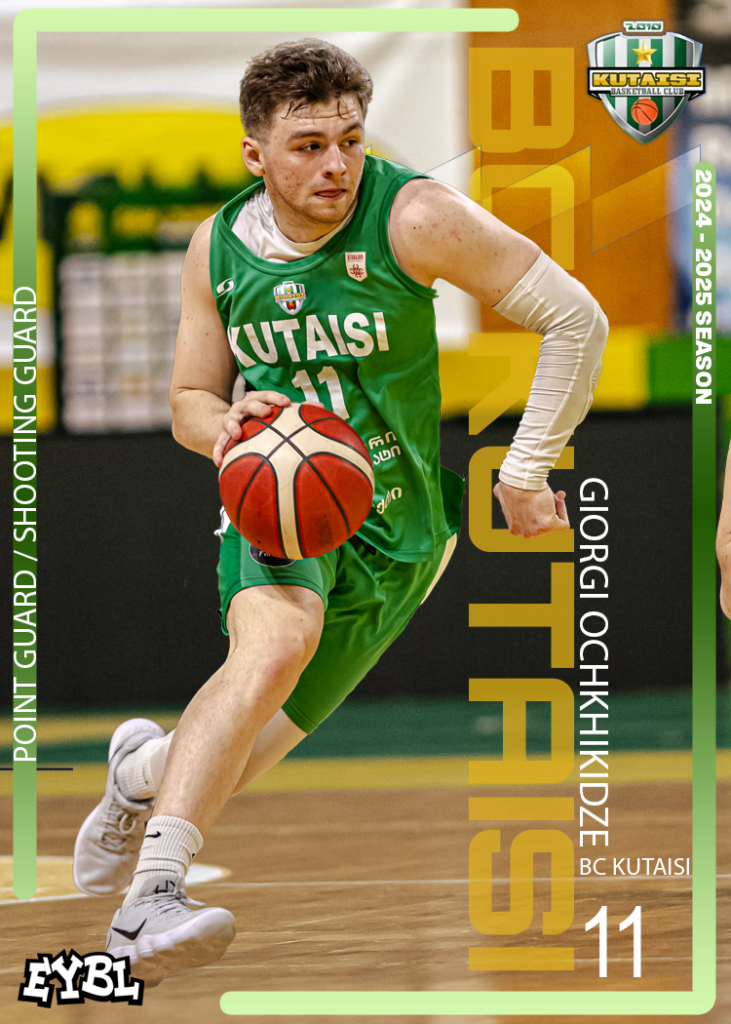Key Concepts:
Name, Image, and Likeness (NIL) rights refer to an individual’s ability to control and profit from the commercial use of their name, image, and likeness. These rights are especially relevant in the context of athletes, celebrities, and other public figures who have a recognizable identity that can be monetized.

Key Concepts:
- Name: This refers to the actual name of the individual. For example, using a famous athlete’s name in advertising, promotions, or products would typically require their permission.
- Image: This includes any visual representation of the individual, such as photographs, video footage, or other likenesses. For example, using a celebrity’s picture on merchandise or in an advertisement.
- Likeness: This is a broader concept that includes any depiction or representation that evokes the person’s identity. This could include voice imitations, cartoons, or other creative representations that are clearly identifiable as the person in question.
NIL Rights in Sports:
In the context of sports, particularly in the United States, NIL rights have become a significant topic. Historically, student-athletes were not allowed to profit from their NIL rights while maintaining their eligibility to play college sports. However, recent changes in laws and regulations, particularly by the NCAA (National Collegiate Athletic Association), have allowed college athletes to monetize their NIL rights without jeopardizing their amateur status.
Examples of NIL Activities:
- Endorsement Deals: An athlete signs a contract with a company to promote their products, such as wearing a particular brand’s clothing or appearing in commercials.
- Social Media: Athletes or celebrities can earn money by promoting products or brands on their social media accounts.
- Merchandising: Creating and selling merchandise, such as clothing or memorabilia, that features their name, image, or likeness.
- Appearances: Charging a fee to appear at events, autograph signings, or other public engagements.
Legal and Ethical Considerations:
NIL rights are protected under the right of publicity, which varies by jurisdiction. Individuals generally have the legal right to control how their NIL is used and to seek compensation if it is used without their permission. This can lead to lawsuits if someone uses another person’s NIL for commercial gain without proper authorization.
In summary, NIL rights empower individuals to control and profit from their personal brand, particularly in industries like sports and entertainment where personal identity is a valuable asset.

Leave a Reply